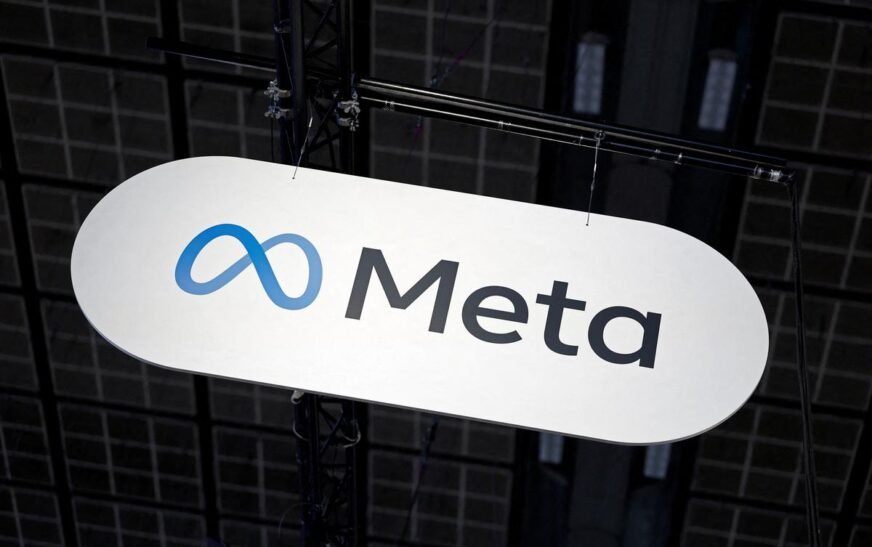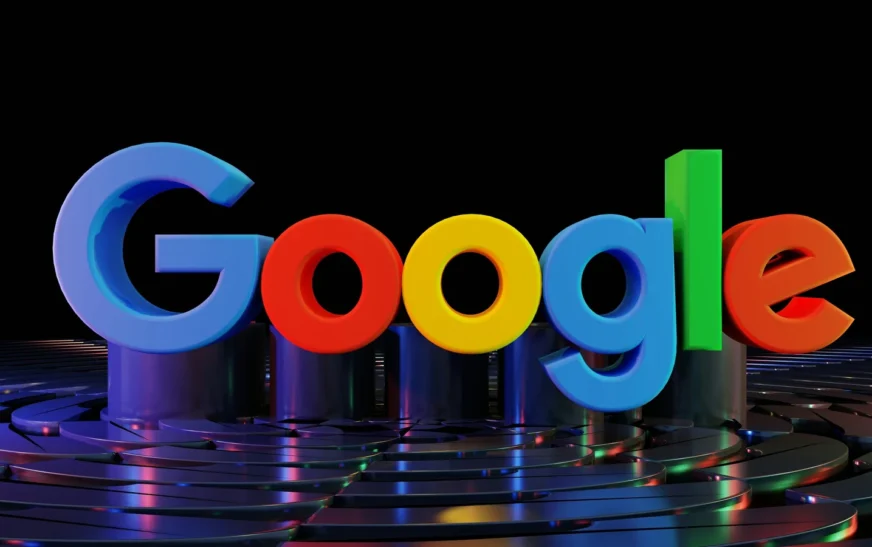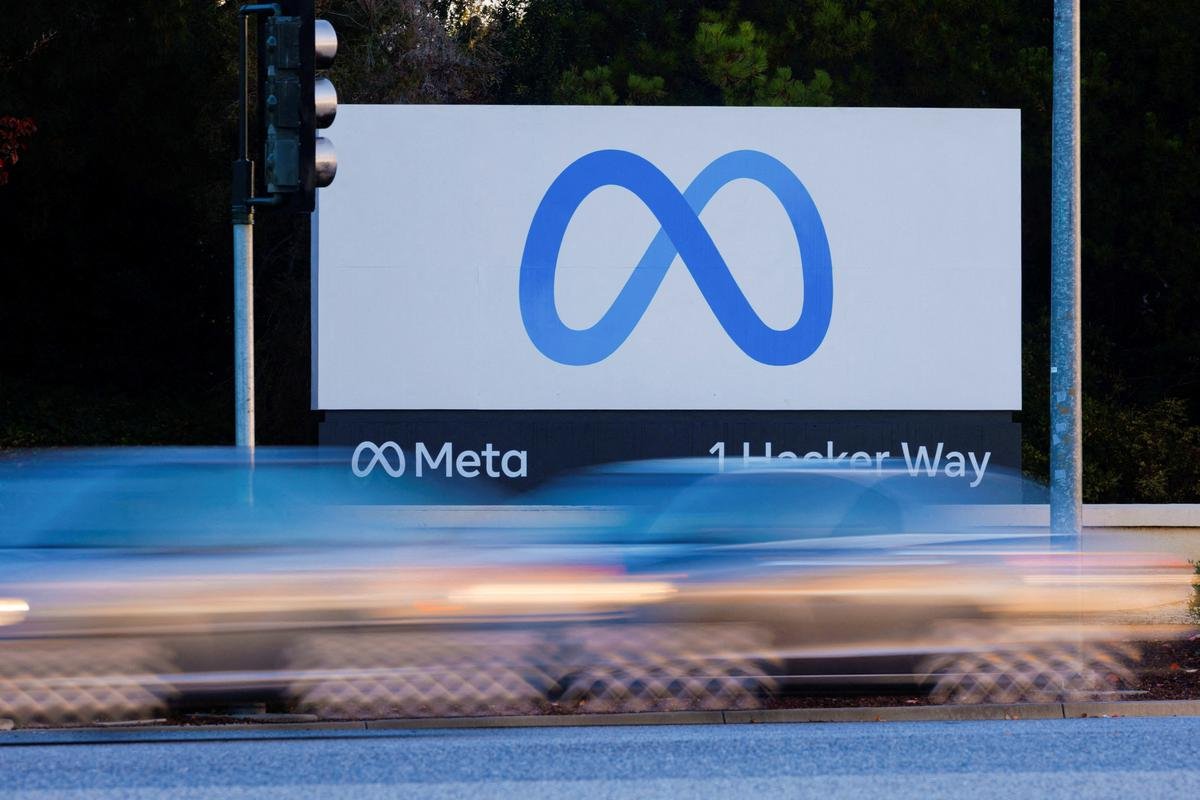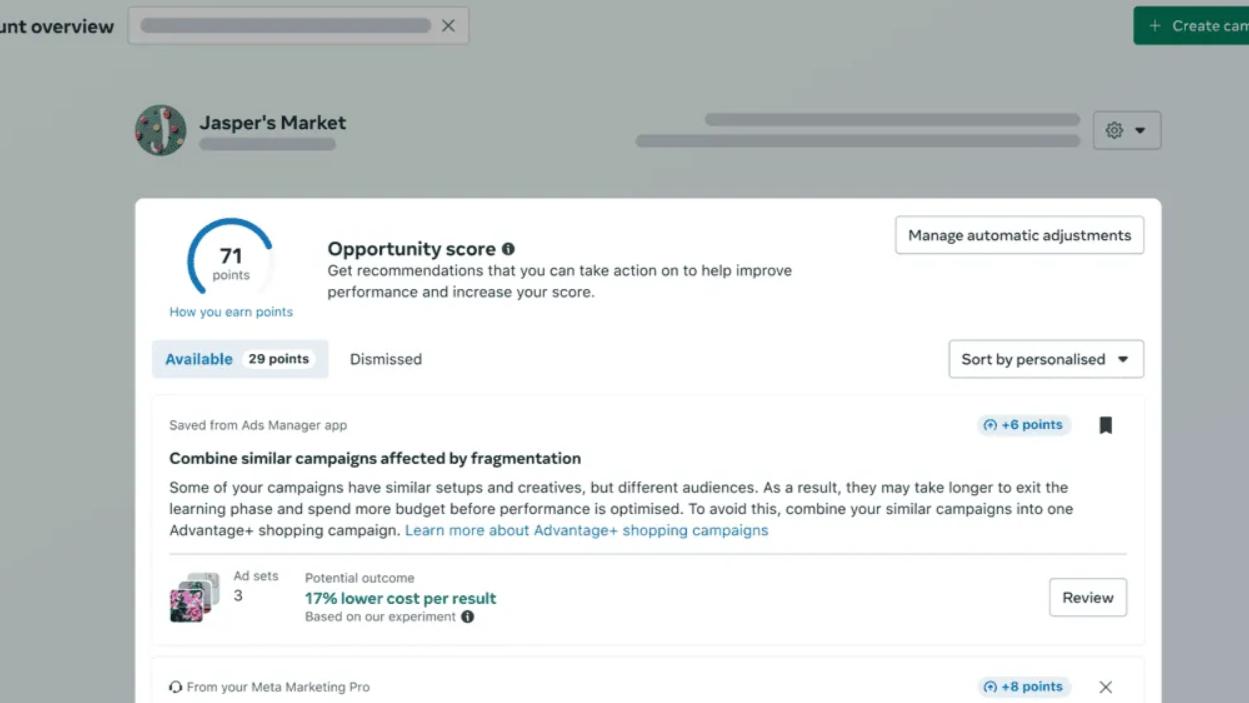Meta Pulls Political and Social Issue Ads in EU: Here’s Why It Matters
Meta (formerly Facebook) has announced a sweeping ban on political, electoral, and social issue ads across the European Union, starting late 2024. The move is designed to comply with the EU’s new Digital Services Act (DSA) and aims to reduce regulatory risk ahead of major elections in the region.
Let’s break down what’s changing, why it’s happening now, and how this will affect political advertisers, campaigns, and digital marketers across Europe.
What is Meta banning in the EU?
According to the official announcement, Meta will no longer accept:
- Political ads by parties or candidates
- Election-related promotions
- Content related to social issues such as climate change, immigration, or civil rights
These bans apply across all Meta platforms: Facebook, Instagram, Messenger, and Audience Network.
🛑 Important Note: The ban will be temporary, but Meta hasn’t committed to a specific end date. It may continue through the 2024–2025 election season depending on legal developments.
Why is Meta doing this now?
The decision is largely driven by compliance concerns with the Digital Services Act (DSA) and upcoming EU transparency rules. Under the DSA, platforms like Meta must:
- Clearly label political advertising
- Provide transparency about ad sponsors
- Offer public access to political ad data
- Moderate misinformation and election interference more aggressively
Meta stated that the complexity of defining and labeling social issue ads across 27 EU countries poses “regulatory uncertainty.” To avoid fines or enforcement actions, the company is opting for a blanket ban.
What counts as a “social issue ad” under Meta’s rules?
Meta defines social issue ads as content that:
- Discusses debated topics like environment, education, economy, healthcare, or civil rights
- May influence public opinion, even if not directly tied to an election
- Comes from advocacy groups, NGOs, or individuals promoting a social cause
This includes everything from climate campaigns to anti-discrimination initiatives—many of which won’t be able to run Meta ads in the EU during the ban period.
Who’s affected by this ban?
Affected:
- Political candidates and parties running in EU elections
- Advocacy groups and non-profits working on issues like health, justice, or immigration
- NGOs using Meta ads for cause awareness
- Government agencies promoting civic awareness or voter education
Not affected:
- Commercial businesses running typical product/service ads
- Entertainment, lifestyle, and influencer promotions
- Public announcements without political framing
How does this impact advertisers?
For EU advertisers in the political or nonprofit space, the impact is huge:
- Reduced reach during election season
- Higher competition for attention on other platforms (YouTube, X, TikTok)
- Need for organic content strategy and influencer collaborations
- Risk of content accidentally being flagged as political/social even if it’s not
Campaigns will need to rethink their EU media strategies heading into 2025. This ban could significantly affect how smaller parties and organizations reach voters.
How are advertisers reacting?
The reaction has been mixed:
- Political parties call it an overreach that suppresses free speech
- NGOs argue that social awareness is being stifled
- Regulators welcome the move as a cautious approach to AI-driven disinformation
- Ad agencies warn of budget reallocations and messaging delays
Some marketers are already shifting their spend toward Google Ads, YouTube, LinkedIn, and Twitter (X), though these platforms also face regulatory scrutiny.
Could this move go global?
Meta has not announced similar bans in the U.S. or other non-EU markets—yet. But with increasing regulation in India, Brazil, Canada, and the United States, experts believe Meta is testing a safer strategy in the EU before other markets catch up.
In fact, Meta’s past enforcement issues (e.g., Cambridge Analytica) have made it a frequent target of European watchdogs.
What’s next for political advertisers?
Here’s how campaigns and issue-based advertisers can prepare:
1. Double down on organic reach
- Build community-led pages
- Use reels and live videos to boost visibility without paid spend
2. Explore alternative platforms
- LinkedIn for policy discussions
- YouTube for long-form awareness
- Twitter/X for real-time updates
3. Email and SMS outreach
With Meta ads off the table, direct channels will become even more valuable.
4. Work with influencers
Influencer content isn’t regulated the same way yet, but make sure disclosures are clear.
A turning point for digital democracy?
Meta’s ban on political, electoral, and social issue ads in the EU marks a significant shift in how tech platforms engage with democratic processes. While designed to limit legal risk, it raises valid concerns about freedom of expression and access to information.
The key takeaway: The intersection of tech, politics, and policy is no longer an afterthought—it’s central to platform strategy.
FAQs
Q1. When does Meta’s political ad ban in the EU begin?
Late 2024, ahead of the next EU election cycle.
Q2. Is the ban permanent?
No, it’s described as a temporary measure, though no end date is confirmed.
Q3. Will this affect regular businesses?
No, commercial ads are still allowed as long as they don’t touch on political or social issues.
Q4. Can NGOs advertise on Meta during the ban?
No, if the content qualifies as a social issue, it will be restricted under the ban.












